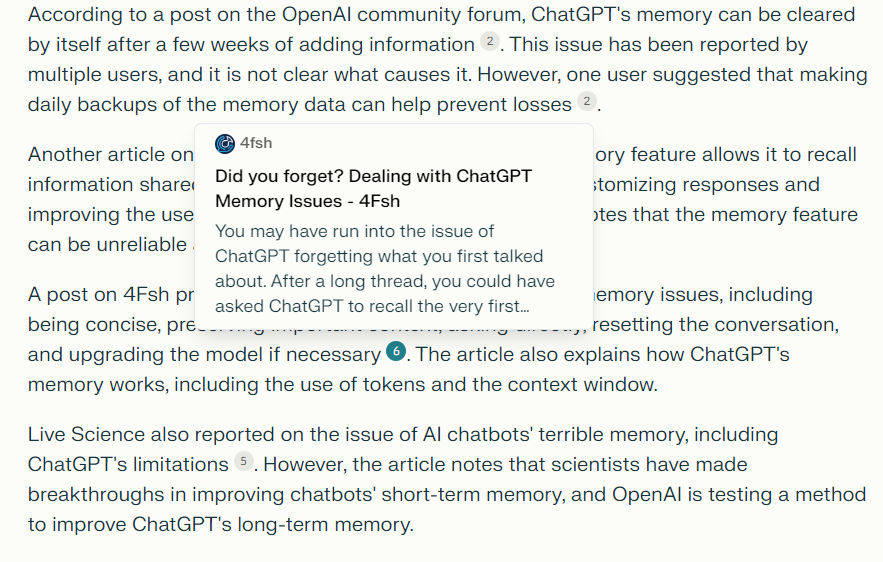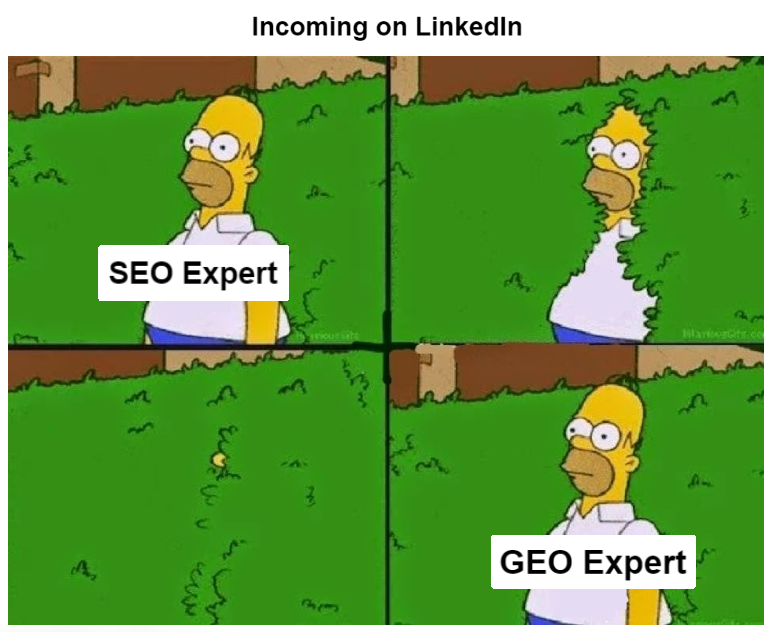As a marketer, AI is fascinating. If you take a look at it from outside of the box, AI is scraping the internet, giving people what it thinks is authoritative content as sources to piece together answers. This means that as a marketer, it will be important to learn how to become one of those sources.
Search Engine Optimization (SEO) is its own ballgame. With SEO experts in Google Search rankings, businesses have been working hard at getting ranked higher for visibility, more leads, more clients, more money. But with the inclusion of AI, that game changes. This means that in addition to working on SEO, businesses will also need to work on making themselves seem to AI as experts in their field, allowing them to rank higher.
As a marketer, this will be important. So let's break down what is Generative Engine Optimization (GEO), Why you should care, and How you can start to do it yourself?
What is Generative Engine Optimization (GEO)?
Generative Engine Optimization is the optimization of online content for better visibility and performance in relation to AI technologies. It involves optimizing your content so that it appears authoritative, trustworthy, and capable of answering queries conversationally.
Authoritative means your content is comprehensive, detailed, accurate, and relevant to the target audience's search metrics. For instance, your content should match the search intent, whether it's informational, navigational, or transactional.
An example is our article on Did you forget? Dealing with ChatGPT Memory Issues. This article has seen increased traffic from generative AI searches because it fits long-form keywords like "How to deal with ChatGPT memory issues" or "Why does ChatGPT forget."


Updated for 2024*. Not all the traffic is from AI sources, but some definitely is.
To succeed in GEO, ensure your content is well-researched, accurately cited, and provides valuable information that users are likely seeking. This enhances its authority and trustworthiness, making it more likely to be selected by AI as a credible source.
Why you should care
The importance of GEO cannot be overstated. A survey by seoClarity in October found that 83% of respondents at companies with 200+ employees reported improved SEO performance after incorporating AI. Additionally, a study by Aggarwal et al. (2023) found that GEO methods can lead to significant improvements for websites found in AI search results with:
42.6% increase in CTR for websites
31.4% increase in conversion rates
25.6% increase in average position for websites
These statistics underscore the importance of AI on search engine performance. Smaller websites, in particular, can work with GEO Marketers to compete with larger companies. This is by focusing on niche topics and long-form content that AI models favor, especially since the field is so new.
AI is not going anywhere. As such, it's important that you learn how to take advantage of it so you can rank higher than your competition.

How can you do it yourself?
I can tell you that the quickest answer is to focus on long-form keywords.
Let's use an example. "Running shoes" would be a keyword. A long-form keyword would be "How to choose running shoes for marathons." By identifying and focusing on long-form keywords relevant to your audience, you are triggering phrases that AI would look for relevant, authoritative content for. Kind of like how it worked for us in the earlier example.
Another trick you can do is provide more structured data on the topic. For example, when you have guides that have sections like "Instructions" or "Step-by-Step Instructions". The schema markup helps provide additional context.
And if I wanted to give one last tip, sources. Research shows that citing sources enhances your credibility and visibility by up to 40% in generative engine responses. You can do this with a direct inline link or do what I do and use APA sources at the bottom of the article.
Summary
Generative Engine Optimization is going to be a skill you will need to learn as a marketer. The three metrics I suggested are not all of the metrics, but can serve as a good starting point as you work on your own authoritative content. Best of luck!
References
Aggarwal et al. (2023). GEO: Generative Engine Optimization. arXiv. Retrieved from https://arxiv.org/pdf/2311.09735.pdf
seoClarity. (2023, October). Survey Reveals: The Real Impact of Generative AI on SEO. Retrieved from https://www.seoclarity.net/research/impact-generative-ai
Princeton University. (2022). Generative Engine Optimization. Retrieved from http://arks.princeton.edu/ark:/88435/dsp011z40kx12c
Single Grain. (2023). Generative Engine Optimization Guide. Retrieved from https://www.singlegrain.com/blog/ms/generative-engine-optimization/



